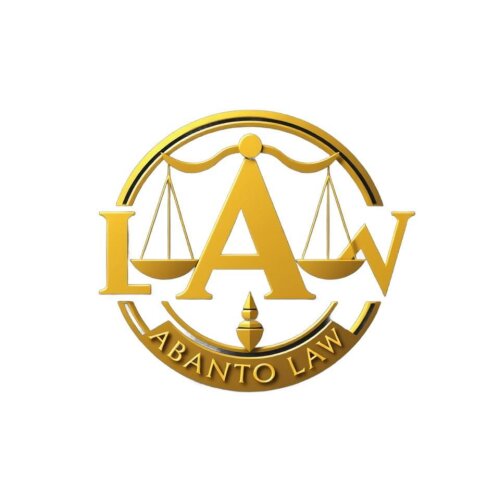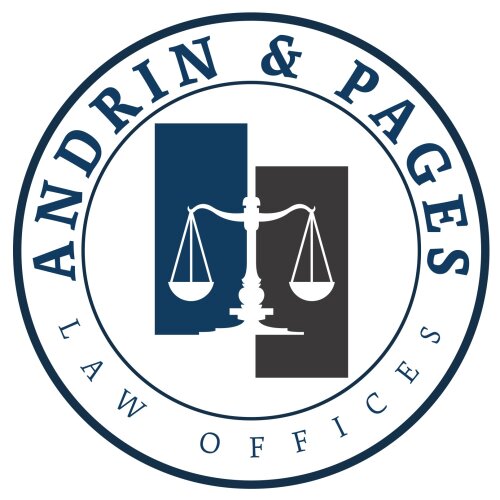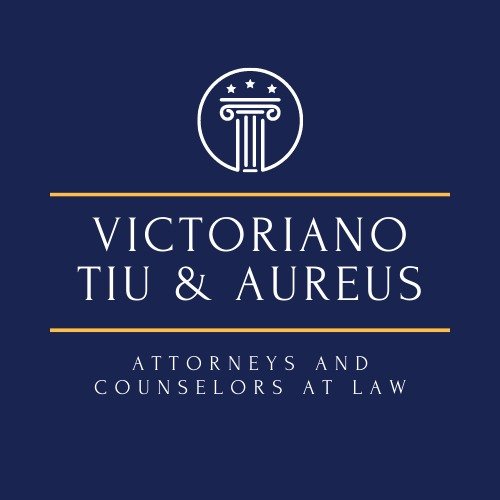Best Consumer Rights Lawyers in Philippines
Share your needs with us, get contacted by law firms.
Free. Takes 2 min.
Or refine your search by selecting a city:
List of the best lawyers in Philippines
About Consumer Rights Law in Philippines
Consumer rights law in the Philippines aims to safeguard the interests and welfare of consumers and to establish standards of conduct for business and industry. The Consumer Act of the Philippines (Republic Act No. 7394) is the main legislative piece governing consumer rights. It encompasses a range of aspects including consumer product quality and safety, deceptive and unfair trade practices, and consumer redress mechanisms. The law guarantees the rights to basic needs, safety, information, a selection of goods, and to be heard for Filipino consumers, among others. It also covers appropriate avenues for addressing consumer complaints and disputes.
Why You May Need a Lawyer
There are several situations where you might require legal assistance regarding consumer rights in the Philippines:
- Deceptive Practices: If you've been misled by false advertisements or misrepresented products.
- Product Liability: When a purchased product causes harm or fails to fulfill its purpose.
- Unfair Trade Practices: Experiencing unethical behavior from businesses, such as overpricing or under-delivery of goods and services.
- Warranty Disputes: Issues related to enforcing warranties or guarantees on purchased products.
- Fraud: If you've been a victim of scam or fraudulent sales transactions.
A skilled lawyer can help navigate the legal landscape, ensure your rights are protected, and guide you towards a satisfactory resolution.
Local Laws Overview
Key aspects of local laws on consumer rights in the Philippines include:
- The Consumer Act of the Philippines (RA 7394): Provides a framework for consumer protection through standardization of trade practices and establishment of consumer rights.
- Price Act (RA 7581): Designed to ensure that pricing of basic necessities and prime commodities remain affordable and accessible.
- DTI's Implementing Rules and Regulations: Guidelines issued by the Department of Trade and Industry to enforce and implement consumer laws.
- Electronic Commerce Act (RA 8792): Governs e-commerce transactions and provides for consumer protection in digital trade.
Frequently Asked Questions
What are my basic consumer rights under the law?
The basic consumer rights include the right to safety, information, choice, representation, redress, consumer education, and a healthy environment.
How can I report a consumer complaint?
Consumer complaints can be directed to the Department of Trade and Industry (DTI) or appropriate consumer protection agencies depending on the nature of the issue.
What should I do if I have a defective product?
Contact the seller or manufacturer to report the defect. If unresolved, file a complaint with DTI or seek legal advice for further assistance.
How are warranties enforced in the Philippines?
The law mandates that warranties should be clearly stated and honored. Non-compliance by a business can be grounds for legal action.
What can I do if I suspect false advertising?
Gather evidence and report the misleading advertisement to DTI or the National Telecommunications Commission (NTC) for resolution.
Are online transactions covered by consumer rights laws?
Yes, the Electronic Commerce Act includes provisions that protect consumers engaging in online transactions.
How can I be sure a product is safe to use?
Look for product certifications and compliance to Philippine National Standards (PNS) or consult regulatory agencies for verification.
Can a consumer claim a refund or replacement?
Consumers are entitled to a refund or replacement for defective products or services not meeting stated standards or warranties.
Is there a cooling-off period for returns and cancellations?
While not legally mandated, some stores or e-commerce platforms may offer a grace period for returns and cancellations.
How can I protect myself from scams?
Be vigilant about product authenticity, check seller credibility, and avoid sharing personal information online unless verified.
Additional Resources
For more information and assistance, consider the following resources:
- Department of Trade and Industry (DTI): The primary government body for consumer rights protection.
- Office of the Ombudsman: Handles grievances on public sector concerns related to consumer issues.
- Consumers Union of the Philippines: NGO focused on empowering consumers and advocating for policy reform.
- Legal Aid Clinics: Some universities provide free or affordable legal consultation services.
Next Steps
If you need legal assistance regarding consumer rights, follow these steps:
- Document Your Case: Gather all relevant information and evidence related to your consumer issue.
- Consult with Experts: Reach out to consumer rights organizations or legal aid clinics for initial advice.
- Engage a Lawyer: If necessary, hire a lawyer specializing in consumer rights for detailed legal assistance.
- File Complaints Formally: Submit formal complaints to appropriate governmental agencies for resolution.
- Stay Informed: Keep abreast of changes in laws and regulations to effectively protect your rights as a consumer.
Lawzana helps you find the best lawyers and law firms in Philippines through a curated and pre-screened list of qualified legal professionals. Our platform offers rankings and detailed profiles of attorneys and law firms, allowing you to compare based on practice areas, including Consumer Rights, experience, and client feedback.
Each profile includes a description of the firm's areas of practice, client reviews, team members and partners, year of establishment, spoken languages, office locations, contact information, social media presence, and any published articles or resources. Most firms on our platform speak English and are experienced in both local and international legal matters.
Get a quote from top-rated law firms in Philippines — quickly, securely, and without unnecessary hassle.
Disclaimer:
The information provided on this page is for general informational purposes only and does not constitute legal advice. While we strive to ensure the accuracy and relevance of the content, legal information may change over time, and interpretations of the law can vary. You should always consult with a qualified legal professional for advice specific to your situation.
We disclaim all liability for actions taken or not taken based on the content of this page. If you believe any information is incorrect or outdated, please contact us, and we will review and update it where appropriate.
Browse consumer rights law firms by service in Philippines
Philippines Attorneys in related practice areas.
Browse consumer rights law firms by city in Philippines
Refine your search by selecting a city.

















